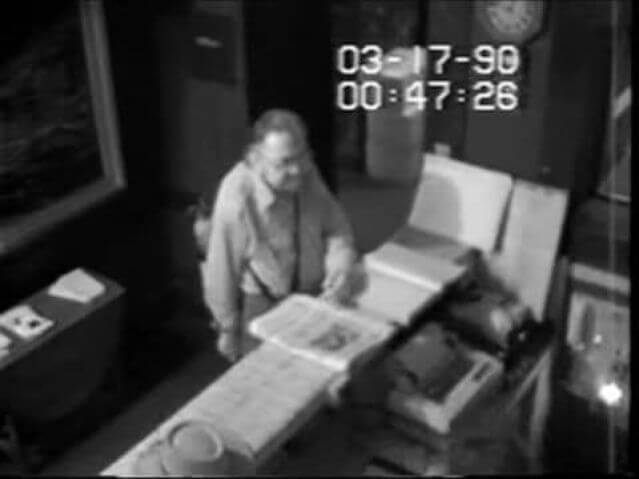The U.S. Justice Department said it was “disappointed” on Thursday that evidence against a Massachusetts man charged in a sweeping FBI child pornography sting had been thrown out, saying the ruling highlighted the need to clarify how search warrants for electronic data could be issued in some cases. U.S. District Judge William Young in Boston ruled on Wednesday that a federal magistrate in Virginia had no jurisdiction to issue a search warrant used to gather evidence in the case against Alex Levin, of Norwood, Massachusetts. Levin was arrested for possession of child pornography as part of an investigation in which the Federal Bureau of Investigation secretly ran one of the largest child pornography websites on the Internet in order to catch users. The exclusion of the evidence in the case marked a setback to a probe that has resulted in at least 137 people being charged in the United States and prompted overseas investigations.
“We are disappointed with the court’s decision and are reviewing our options,” U.S. Justice Department spokesman Peter Carr said.
RELATED:Boston dance teacher accused of sexually assaulting young student Carr said the case underscored the need for a proposed procedural rule change that would allow judges to issue warrants for remote searches of computers in locations that are unknown to authorities and potentially outside a judge’s jurisdiction. The Justice Department is pursuing the change and has characterized it as a clarifying edit that will not permit searches or seizures that are not already legal.
Civil liberties groups and some tech companies including Alphabet’s Google strongly oppose the change, arguing it would vastly expand the government’s authority to hack into networks in search of criminal suspects. The U.S. Supreme Court is expected to render an opinion on the change by May 1. Congress will then have seven months to accept, reject or modify a change. If lawmakers take no action, the rule would take effect as soon as Dec. 1. ETHICAL QUESTIONS
The controversy in Levin’s case stemmed from the FBI’s seizure in February 2015 of the server hosting Playpen, a child porn website operating on the Tor network, which is designed to facilitate anonymous online communication and protect user privacy. In order to identify its 214,898 members, authorities sought a search warrant from the Virginia judge allowing them to deploy a “network investigative technique,” or malware, that would send them data from a user’s computer any time that user logged onto the website during a two-week period. Critics of the investigation have questioned the ethics of the FBI’s decision to effectively become a child pornography distributor to catch potential offenders.
In his ruling, Young expressed no opinion on the FBI’s tactic, but he said the probe differed from undercover stings in which the government buys drugs to catch dealers, saying it was instead “something akin to the government itself selling drugs to make the sting.” His ruling focused on jurisdictional issues. Levin’s lawyers said the Virginia judge behind the warrant that allowed the FBI to transmit computer code to the website’s users had no authority to authorize searching Levin’s out-of-state computer. Prosecutors argued the warrant properly authorized the search as the server was in Virginia. But Young said that was “immaterial, since it is not the server itself from which the relevant information was sought.”
Child porn case in Massachusetts shows need for new data search rules

John Ward / Flickr Creative Commons

















